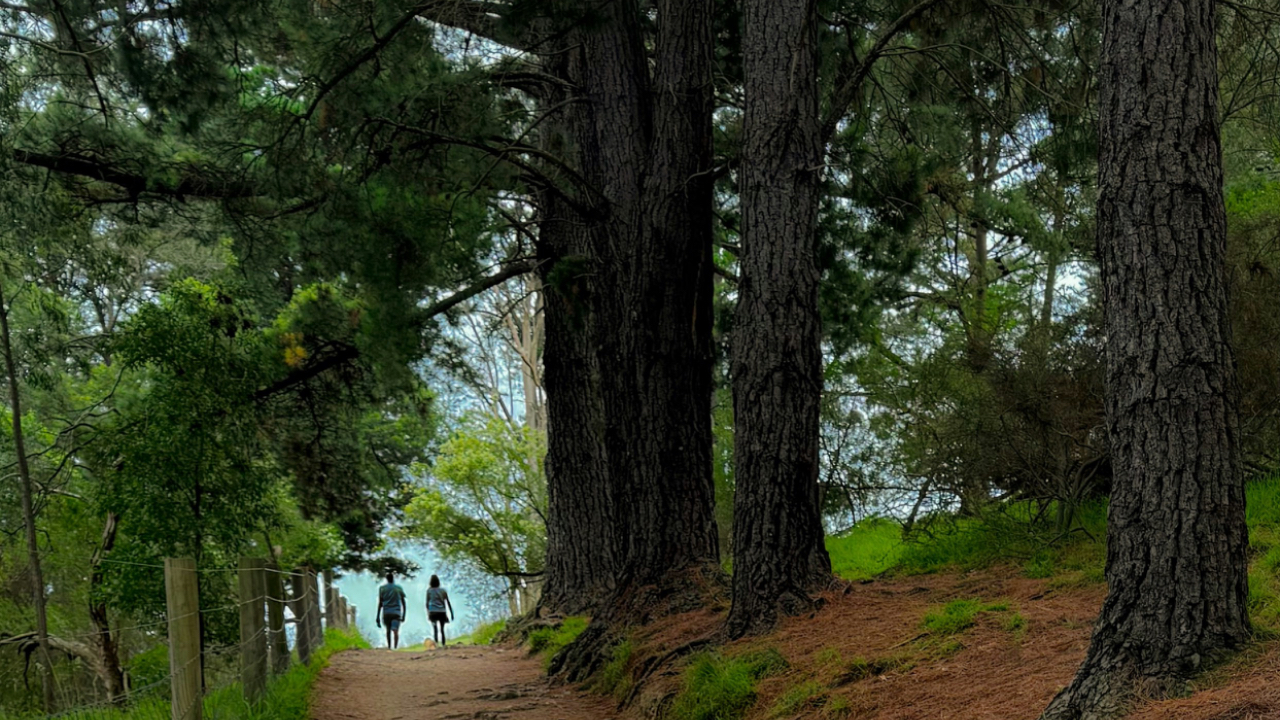Why “Home” Sometimes Just Feels Familiar (And How to Find What Truly Aligns You)
Sep 17, 2025
We often describe certain people, places, or routines as feeling “home” or “right.” Maybe it’s the town you grew up in, the relationships you gravitate toward, or even patterns in your life that just… feel natural. There’s comfort in this feeling, a quiet reassurance that you’re “where you belong.” But sometimes, this sense of home is less about who you are becoming—and more about what your brain recognizes.
Familiarity vs. Fulfillment
Imagine your brain as a map of old paths through a forest. Every time you walk a path, it becomes easier, smoother, safer. Neuroscience shows that our brains reward these familiar paths. When we encounter something known—whether it’s a person, a place, or a habit—our brains release dopamine and other neurochemicals that make us feel safe, secure, and even “right.” The familiar feels like a clearing in the forest: you can breathe, you can rest.
But not every well-worn path leads to sunlight. Sometimes, it leads to dead ends, loops, or shadows that limit our growth. Just because a path is comfortable doesn’t mean it serves our deeper selves. Our brains love the familiar because it’s safe—but our souls crave the expansive.
The Neuroscience Behind It
Our brains are pattern-seeking machines. The amygdala, the part of the brain that processes fear and safety, lights up when we encounter something new or unfamiliar. This can trigger subtle anxiety, hesitation, or resistance. Familiar stimuli, by contrast, calm the amygdala and activate reward centers, creating feelings of comfort.
This explains why people sometimes stay in relationships that no longer serve them, return to hometowns that don’t feel expansive, or repeat old habits—even when intellectually, they know it’s not ideal. Their brains are literally rewarding them for staying on the known path.
Recognizing the Illusion
Awareness is the first step toward discernment. Ask yourself:
-
Does this situation truly align with my values and growth, or does it simply feel safe?
-
Am I drawn to this person, place, or habit because it’s nourishing—or because my brain recognizes it from before?
-
What would it feel like to step off the path I know and into something unknown, even if my nervous system resists at first?
When we separate comfort from alignment, we give ourselves the freedom to explore new clearings—sunlit spaces where our mind, body, and heart can expand.
Decoding Familiar vs. Aligned: A Mind-Body-Heart Check
It’s one thing to think about what serves you. It’s another to feel it in your body, mind, and heart. Here’s a simple practice:
1. Ground Into Your Body
Sit or stand comfortably. Take a deep breath. Imagine scanning your body like a map.
-
Tightness, heaviness, constriction? That might be the familiar path your brain knows—but not your soul.
-
Openness, lightness, ease? That’s the signal of alignment, even if it’s unfamiliar.
2. Listen With Your Mind
Notice the stories your mind tells: “I’ve always done it this way,” or “I should…”
-
Are these thoughts rooted in habit and comfort, or in curiosity, growth, and your values?
-
Journaling these patterns is like tracing the map of your mental paths, helping you see where comfort keeps you looping.
3. Tune Into Your Heart
Place a hand over your chest. Breathe slowly. Imagine your heart as a compass pointing toward possibility.
-
Does it pulse with warmth, curiosity, lightness?
-
Or does it feel heavy, closed, hesitant?
Even subtle sensations—like a flicker of excitement or a quiet sigh of relief—can guide you.
4. Integrate and Reflect
Bring together what your body, mind, and heart are telling you. Ask:
-
“Am I drawn here because it truly nourishes me—or because it feels familiar?”
Take a deep breath. Let the truth settle in. The first discomfort of alignment often softens over time—your nervous system can learn that new can be safe, too.
The Takeaway
What feels “right” isn’t always a compass pointing toward your highest good. Often, it’s your brain rewarding familiarity. By checking in with your body, mind, and heart, you can distinguish comfort from true alignment—and step into a life that feels expansive, not just safe.
True growth and belonging come not from clinging to old paths, but from courageously exploring new clearings, knowing your brain will adjust—and eventually discovering a sense of “home” that is alive, nourishing, and authentically yours.
Photo by Steven Wong on Unsplash



